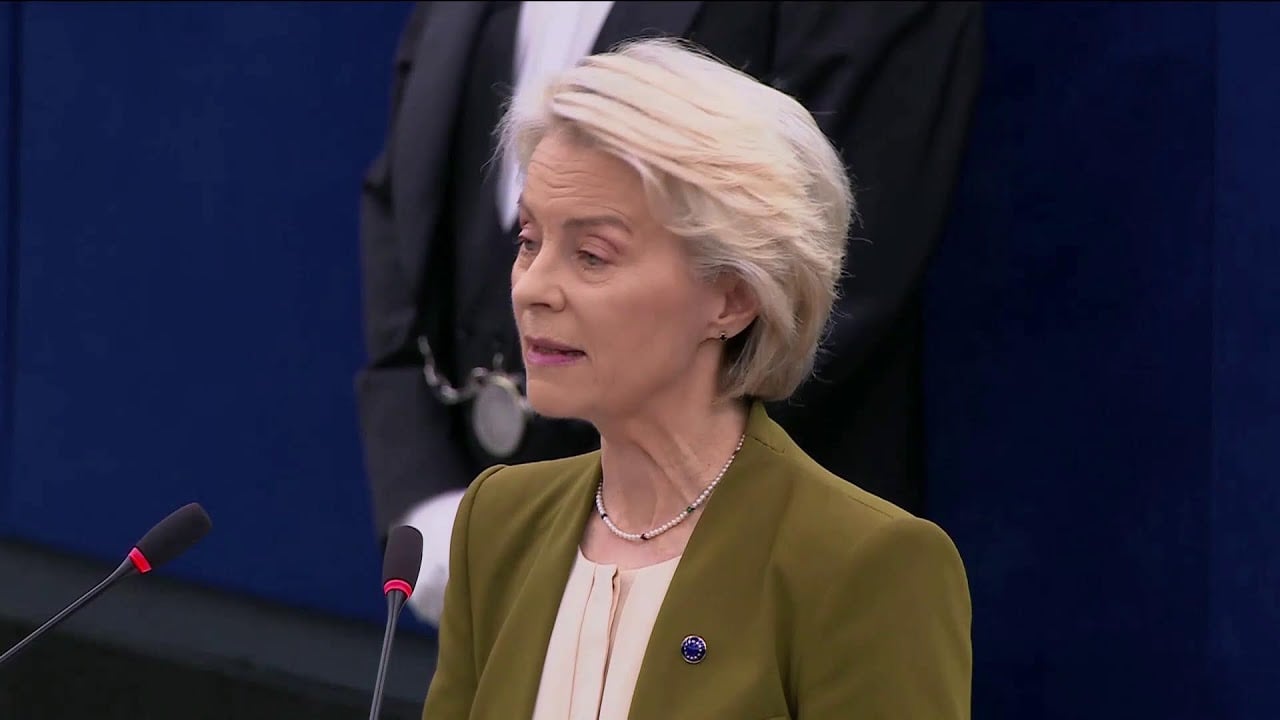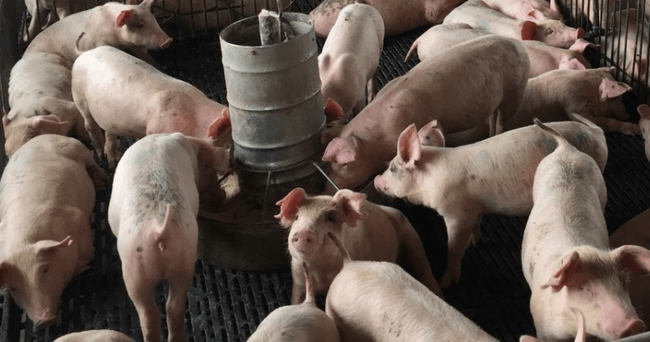Adjusting the quota of foreign workers for 2026 based on actual market demand and introducing flexible mechanisms are essential steps to maintain Romania's competitiveness and ensure continuity of economic activity, say representatives of the Employers' Association of Labor Importers (PIFM).
According to a press release sent to Agerpres, Romania has been facing in recent years a structural labour shortage across all major economic sectors, from construction and transport to agriculture, services and HoReCa.
"In a context where external migration, declining birth rates and the ageing workforce increasingly reduce the domestic labour supply, importing workers from outside the European Union has become an economic necessity, not merely a temporary solution," reads the release.
The PIFM emphasises that for 2026, current figures and market trends indicate a much greater need for foreign workers than the quota approved for 2025. Romania requires a flexible approach adapted to economic realities, allowing rapid filling of labour shortages if the quota is exhausted.
"For 2025, the Romanian Government approved a quota of 100,000 foreign workers, yet data from the General Inspectorate for Immigration (IGI) shows that over 230,885 applications for work permits have been submitted, almost three times the limit set by the government. By October 2025, IGI had issued 78,016 work permits, with the remaining applications pending due to quota limits or delays caused by re-evaluating previously rejected applications. The current situation confirms the enormous pressure on the administrative system," the release informs.
According to an official IGI response to PIFM Vice-President Elena Pantiru, over 230,895 work permit applications are currently active, alongside thousands of requests for residence permit renewals, certificate issuance and family reunifications.
These figures show that total demand far exceeds current processing capacity, highlighting the urgent need for administrative modernisation and expansion of the annual quota, PIFM representatives stress.
"Foreign labour is no longer a temporary solution but a permanent reality of the Romanian economy. The current quota no longer reflects labour market dynamics and limits the growth of companies urgently needing personnel. Romania must adopt a predictable, flexible labour migration policy adapted to current circumstances," said Elena Pantiru, as quoted in the press release.
The PIFM stresses that international recruitment must become more efficient and predictable. "Flexibility is key. If we reach a quota shortfall, the best solution is a reserve mechanism that can be activated quickly without a new government decision," specifies the cited source.
Moreover, the complete digitalisation of processes, the expansion of bilateral agreements and increasing the administrative capacity of involved institutions are also essential to streamline procedures and reduce waiting times, Pantiru explained.
She also drew attention to mounting pressure on the General Inspectorate for Immigration, which manages a huge volume of requests without a proportional increase in human and logistical resources. "It is vital that these structures are strengthened and supported to meet the growing demands of employers. Otherwise, we risk blockages affecting the entire economy," she added.
Pantiru notes that labour shortages affect all sectors, particularly construction and infrastructure, the food industry and HoReCa, agriculture, transport, logistics and care and social services.
"These sectors cannot function without foreign workers, who have become an essential resource for the stability and development of Romania's economy," the PIFM vice-president added.
In conclusion, PIFM considers that a growing economy requires a stable, adaptable and sufficient workforce. Adjusting the quota of foreign workers for 2026 based on real market demand and introducing flexible mechanisms are essential steps to maintain Romania's competitiveness and ensure continuity of economic activity.
"We want a data-driven approach, based on predictability and cooperation between the state, employers and international partners. Only then can labour migration management become a model of regional best practice," Pantiru added.
































Comentează